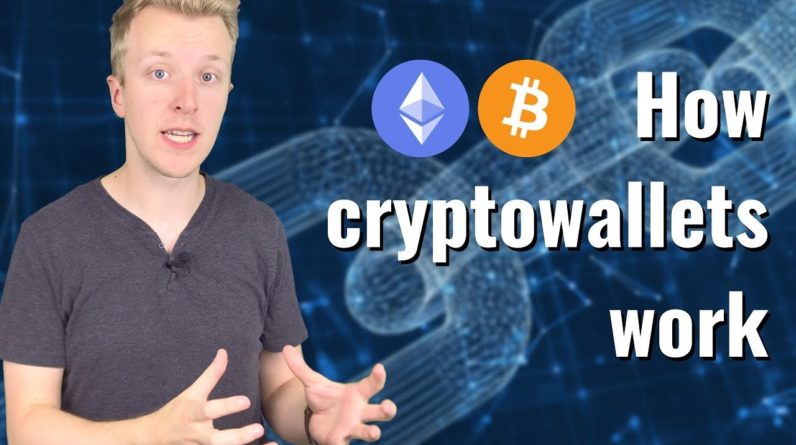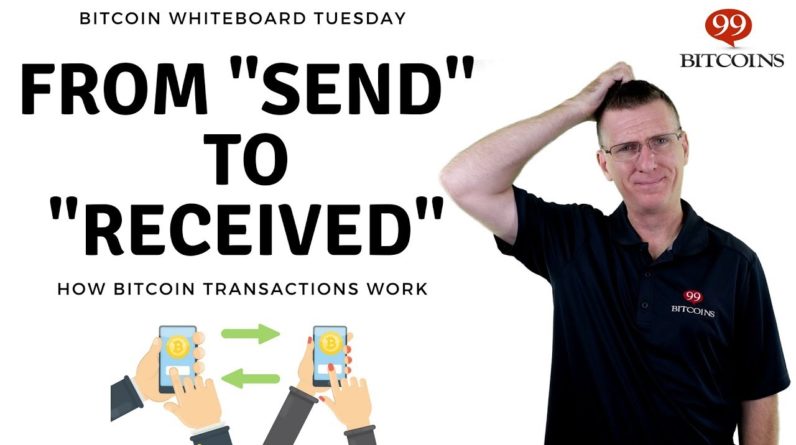
[QUESTIONER]: Suppose the solar technology advances very well… [ANDREAS]: Yes. [QUESTIONER]: It will capture a lot of [solar energy] with very high efficiency. So marginal costs will become zero. Then would proof-of-work still work, with marginal costs at zero? [ANDREAS]: That's a good question. Suppose that solar energy advances with its efficiency and you can capture a lot of the solar energy, would that make proof-of-work unworkable, because the marginal costs of the solar energy are zero? Well, yes and no. Mostly no. Even if you have really efficient solar energy, you have to consider three factors: the first one is that you pay for the solar panels, so you have capital costs; the second is you pay for the…
.. mining equipment, so you have more capital costs. [QUESTIONER]: Competition depends on marginal cost. [ANDREAS]: Yes, but at the same time you're competing against people who will] apply more and more capital. But the third one, the most important one, is that presumes you have basically no opportunity costs, meaning that there is no other use the energy could go to other than mining, meaning that either you've so far…

.. exceeded the demand for electricity that you have all of this excess capacity. [QUESTIONER]: That's right. [ANDREAS]: Right. The problem is, at that point we've solved the energy problem of the world. At that point, if proof-of-work is the one thing that doesn't work, you've gone to a Star Trek universe where money doesn't exist. [laughter] Right? If you solve the fundamental issue of energy scarcity on this planet, completely solve it, for the marginal costs to go to zero, you have to have zero opportunity costs – which means that you can… .. generate abundant energy anywhere, anytime, and always have excess capacity. You've solved much… .. bigger problems. I hope we get there. Then we need someone as brilliant as Satoshi Nakamoto to come up… .. with a new proof-of-work algorithm. I would suggest Sudoku. [laughter] It works. Sudoku is an asymmetric… .. algorithm, meaning that if you make the Sudoku puzzle bigger it still can be verified relatively quickly as to… .. whether it's correct. If you make it billions and billions of times bigger, then it gets really hard.
You could…. make it so that you only have to do it on paper, with pencil, with human beings. That would literally be a…. proof-of-work algorithm, just like the slaves of Egypt who built the pyramids. "Solve Sudoku harder!" [whiplash] Okay, enough of that. Yes? [QUESTIONER]: Another problem with what he's saying is that another…. party who has the same technology- [ANDREAS]: Well, it equalises everybody. So then it's about access to…. miners, access to internet capacity, access to storage to put the blockchain on. There's still costs. [QUESTIONER]: Secondly, you're still limited by the amount of solar radiation received, which is 2000 watts… per square meter, so that's the facts from an engineering point of view. [ANDREAS]: You're limited…. by 2000 watts per square meter, which is the maximum energy you can get – on the surface! Which means: mining… in… space! [laughter] Actually, that's not a joke. There are many reasons why mining…. in space could become a very interesting possibility. Solar panels, no atmosphere obscuring anything….




